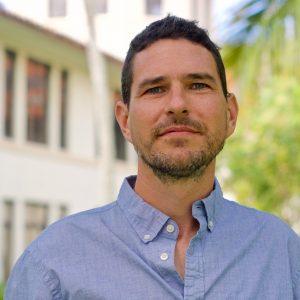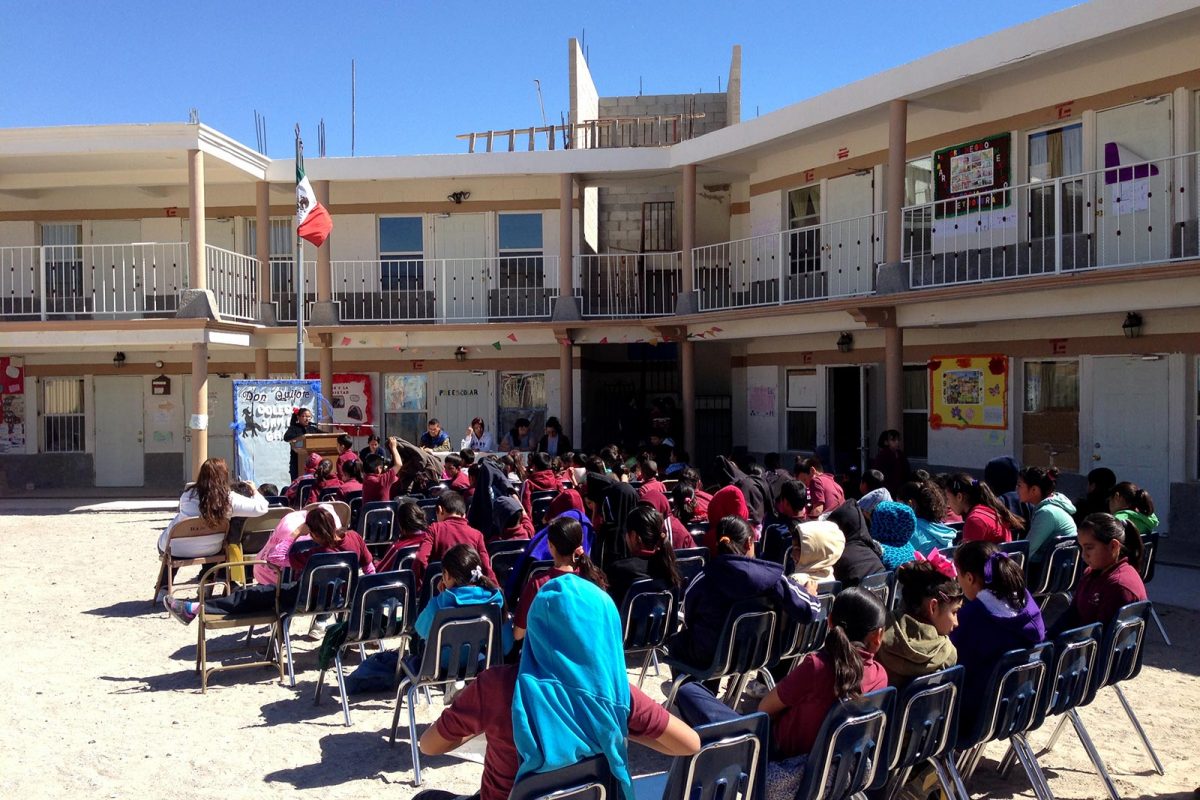Global and International
PhD in Education
Typical Length Varies
Delivery Campus-Based
Nationally Accredited
The COE (College of Education) PhD offers a track in Global & International Education through the Department of Educational Foundations. This track is designed to prepare individuals in range of leadership, academic, policy, and research positions to meaningfully incorporate global perspectives into their professional practice. This PhD track is relevant for those who occupy or aspire to the following positions: classroom teacher, school leader, school system administrator, higher education practitioner, study abroad facilitator, community leader, education analyst or researcher, university faculty, and professionals working in non-profit or non-governmental organizations.
This unique PhD track examines how the interaction of global and local forces related to culture, technology, economics, and politics affect education policy and practice in a multitude of ways from early childhood education through advanced graduate studies. As the interaction and effects of global-local forces continue to manifest and to evolve, the insights gained are not only essential for professionals across every level of education but also across geographic regions, from the United States to the Asia-Pacific region and beyond. Globalization presents challenges and opportunities by making the world more interconnected, by facilitating the dissemination of ideas and knowledge, by encouraging the movement of peoples, by creating new political bodies that develop and disseminate education policies at the supranational level, and by placing new pressures on local communities and national economic systems—all of which has major implications for education.
A key feature of this PhD track is that it goes beyond a focus on understanding these dimensions of globalization to also provide program participants with tools, frameworks, lessons, and strategies that can be adapted to numerous educational and organizational contexts. There are valuable resources embedded in this program that can help you improve your practice—and the practices of your organization—whether you are a classroom teacher, a school leader, a higher education professional, a school system administrator, or any of the other professional positions mentioned above. The courses in this program focus on topical issues that are common to all educational systems and are appropriate for education professionals in diverse geographical locations. As indicated by the course titles further below, the courses focus on, among other things, how to analyze the effects of globalization on education policy and the curriculum; drawing lessons from the policies and practical responses of a range of countries; critically understanding multiculturalism and diversity; grappling with the meaning of international development and the role of education therein; analyzing education from a “systems” perspective that emphasizes the interaction, complexity, and dialectical feedback loops that characterize the relationship between system components and the system as a whole; and examining the strategies and responses of teachers, principals, higher education professionals, and communities when it comes to how they “internationalize” their curricula, leadership, and programmatic activities.
Finally, it should be noted that students–through coursework and in their own research–are encouraged to think critically about what it means to apply a “global” lens. We ask: How is the global defined? Whose global? What voices or perspectives are omitted or silenced through contemporary rhetoric around globalization and “global education policy”? How are globalization and “the global” being challenged? What roles do international organizations play in the politics of educational change? How are certain interests or worldviews benefitted over others through the discourse and activity that make up the field of global education policy? What would an equitable and just “global education” look like? And, how can education respond to the rising tide of nationalism, fascism, racism, and xenophobia that seems to be challenging the supposed advances and achievements of globalization? If these questions motivate you, you are invited to join us as we explore answers to them.
Because this program focuses on policy dynamics, educational practices, and organizational strategies at the intersection of the global and local forces that shape the contemporary world, it is ideal for students and professionals working in a range of institutional contexts. Students who complete this doctoral program are poised to respond to the challenges and opportunities generated by globalization–and, indeed, by the contemporary backlash to this phenomenon. As such, and as noted above, our graduates not only go on to assume positions as faculty and researchers but also as organizational leaders, higher education professionals, community advocates, school administrators, study abroad professionals, educational specialists working with school systems (e.g., the Hawaii Department of Education), teacher leaders, and experts with NGOs and international organizations.
Please click here to access the recording of an information session detailing our degree programs.
See here and here for profiles of some of our current doctoral students.



